Unlocking the Power of Nature: 11 Herbs for Natural Pain Relief
Throughout human history, natural remedies have played a crucial role in alleviating pain and promoting overall well-being. In an age dominated by pharmaceuticals, it's easy to forget the potency of herbs in combating various ailments. These botanical powerhouses, whether grown in your backyard or sourced from the wild, offer a holistic approach to pain management and relief. Let's explore 11 remarkable herbs that have been trusted for centuries for their natural pain-relieving properties.
1. Calendula
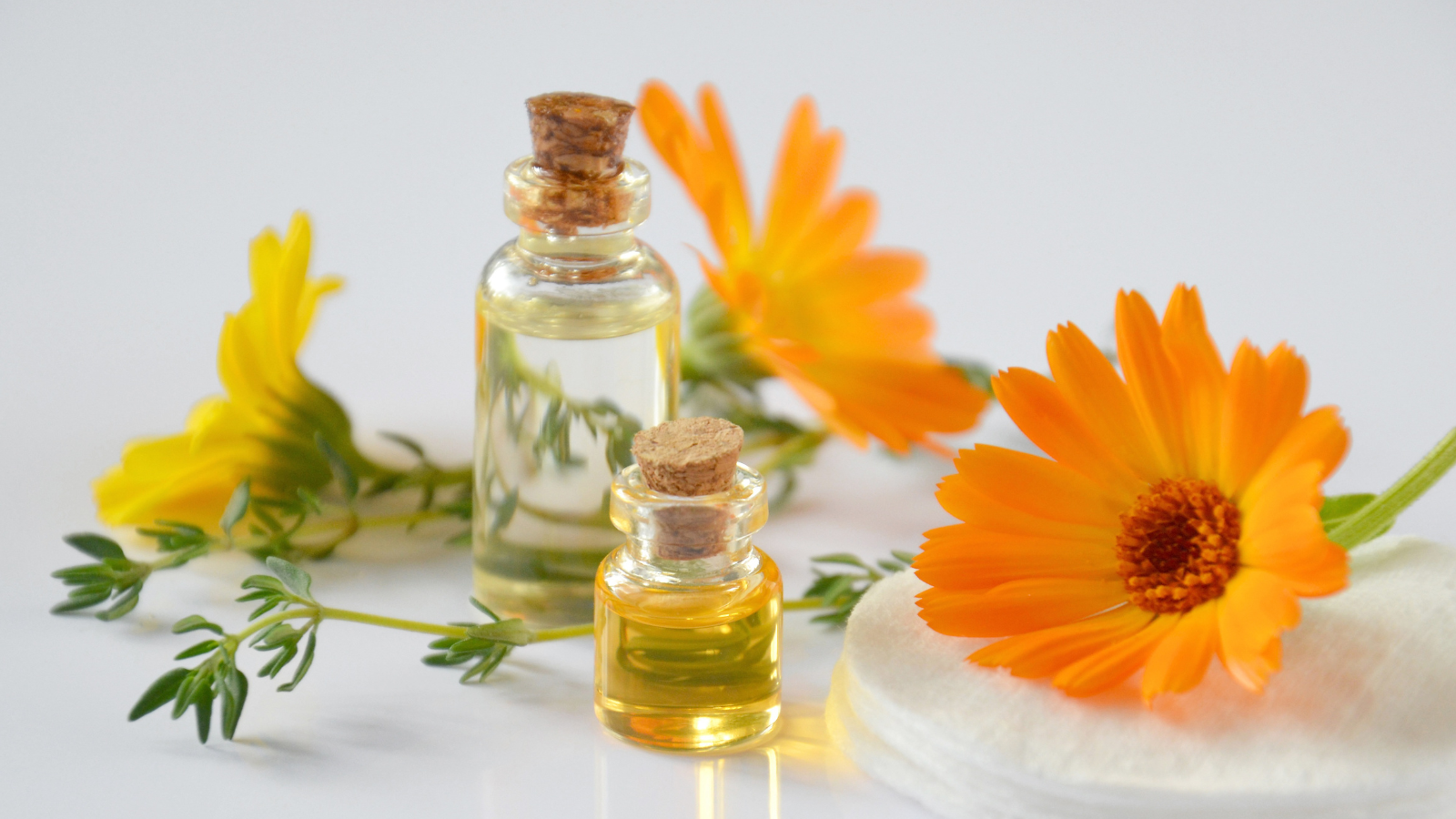
Calendula, also known as marigold, is a vibrant garden favorite with remarkable wound-healing abilities. Its antiseptic, antifungal, and anti-inflammatory properties make it a go-to remedy for soothing skin irritations, reducing inflammation, and promoting tissue regeneration. Whether you're dealing with rashes, wounds, or infections, calendula can be your natural ally, and you can even cultivate it in your garden, basking in the sunlight.
Calendula's soothing effects extend beyond skin deep, making it a versatile addition to your herbal toolkit. When infused in oils, it becomes an excellent massage oil for sore muscles and joints. Additionally, calendula tea can be ingested to aid in digestion and ease gastrointestinal discomfort. This multipurpose herb not only beautifies your garden but also nurtures your well-being from the inside out.
2. Dill
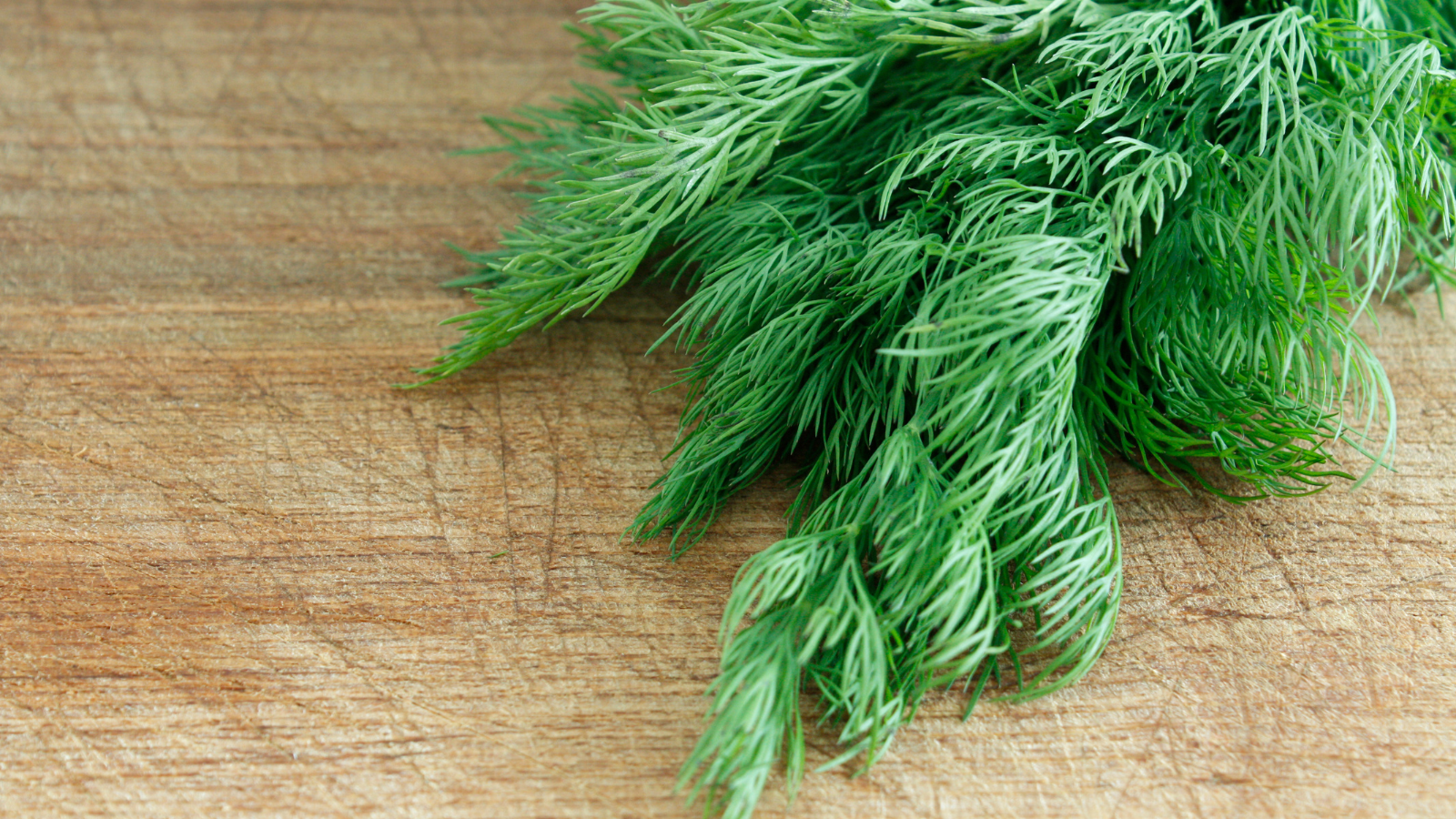
Beyond its culinary use as a flavor enhancer, dill surprises with its potential for pain relief. It boasts properties that can combat fever, colds, and stomach ailments. Incorporating dill into your daily dishes not only adds a delightful flavor but also offers unexpected health benefits.
Dill's versatility extends to its use as a natural remedy for insomnia and anxiety. Dill tea, with its mild, soothing aroma, has a calming effect on the nervous system, making it a bedtime favorite for those seeking a peaceful night's sleep. By cultivating this herb in your backyard, you not only elevate your culinary creations but also nurture your body's well-being and mental tranquility.
3. Lavender
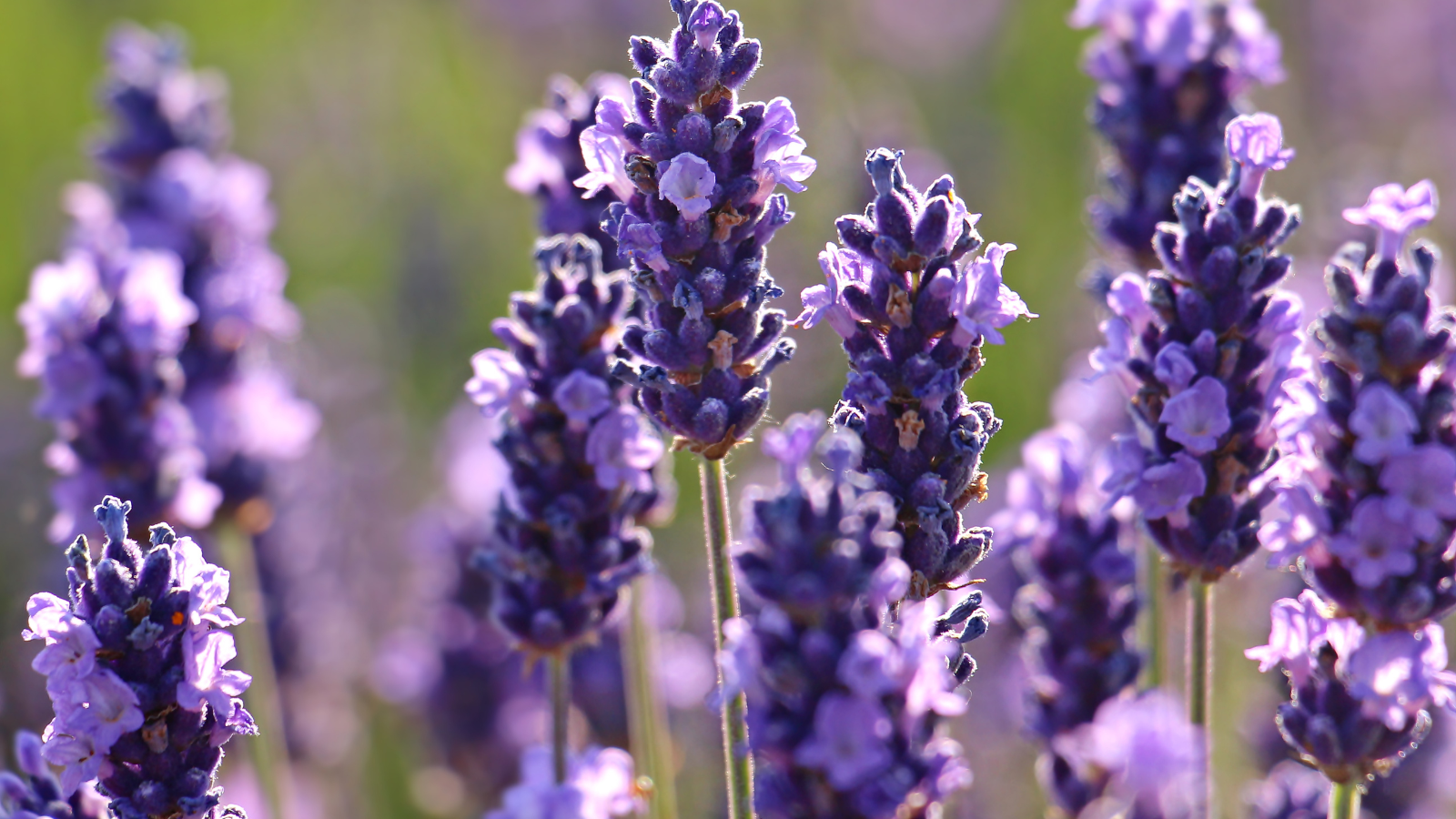
Lavender, the versatile and aromatic herb, is celebrated worldwide for its diverse therapeutic qualities. Lavender oil can heal wounds, ease minor burns, and provide relief from acne and insect bites. Moreover, it has a calming effect, helping with anxiety, sleep troubles, and overall nervous system support. Whether in teas, foods, or essential oils, lavender remains a medical wonder.
Lavender's aromatic influence extends to stress relief and mood enhancement. Diffusing lavender essential oil in your home can create a serene environment, reducing stress and promoting relaxation. In the realm of skincare, lavender-infused products, such as lotions and balms, offer not only pain relief but also a soothing, fragrant experience. By cultivating lavender in your garden, you invite a bouquet of wellness benefits into your life.
4. Coriander
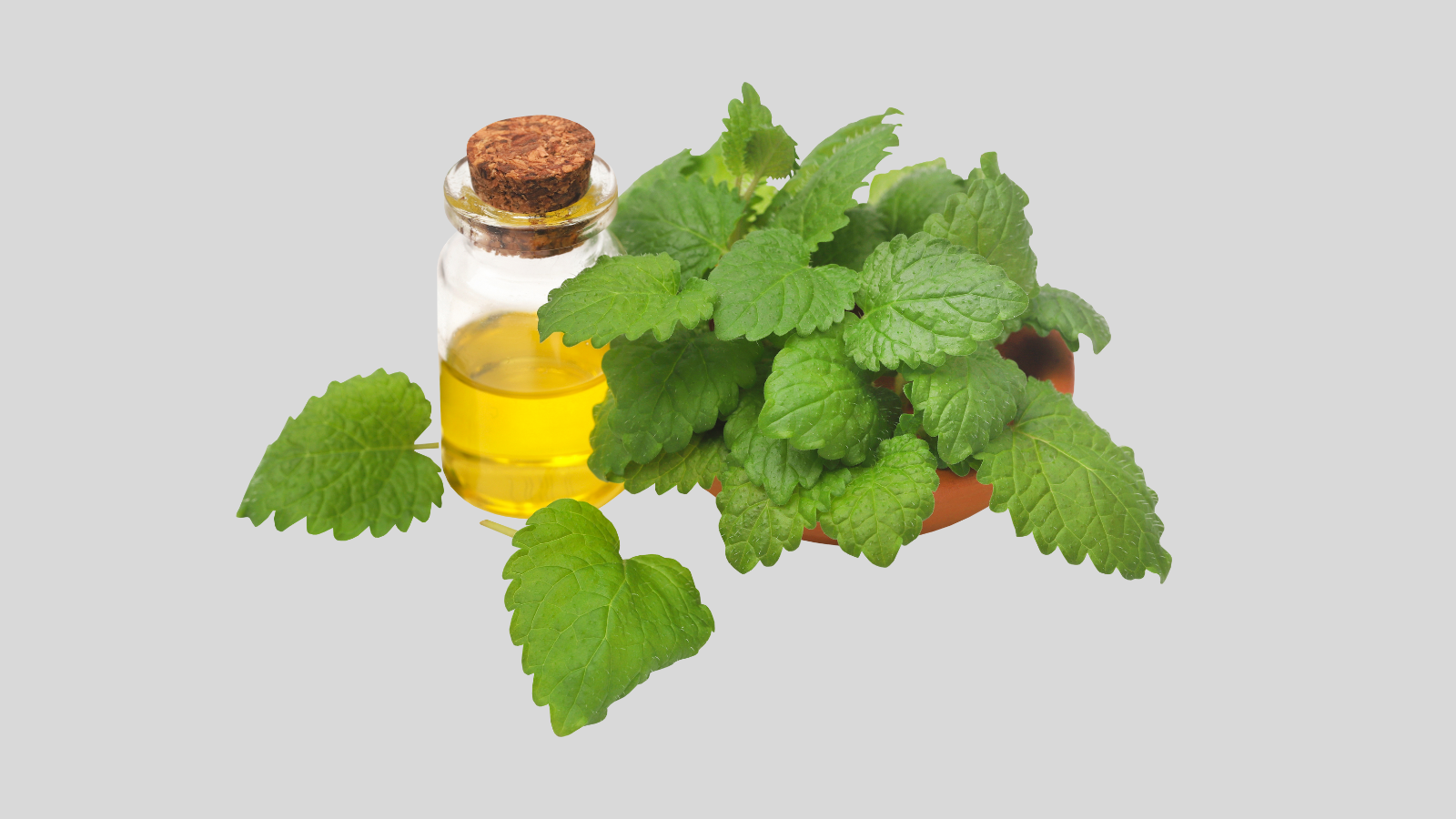
Coriander, a staple in Indian cuisine, offers more than just flavor. Its seeds, when dried, become a potent remedy for digestive problems, upset stomachs, and constipation. A cup of coriander tea, alone or with other herbs, is a magical elixir for various bodily discomforts.
Coriander's versatility in culinary applications also extends to herbal remedies. When combined with fennel seeds and cumin seeds, coriander forms the basis for a traditional herbal blend known as "triphala." This Ayurvedic remedy aids in digestion, detoxification, and overall well-being. By incorporating coriander into your daily diet and cultivating it in your garden, you harness the power of this herb to support digestive health and alleviate discomfort.
5. Lemon Balm
Lemon balm, originating from Europe and now widespread, packs a punch against inflammation and infections. Its leaves and flowers, rich in oils, tannins, and bitters, offer relaxation for the nervous system and stomach. It's gentle enough for children and versatile, providing relief from stomachaches and soothing effects when applied topically.
Lemon balm's gentle yet effective nature extends to its role in stress reduction and sleep improvement. As a calming herb, it helps alleviate anxiety and promotes restful sleep when consumed as a tea or used in aromatherapy. Lemon balm's anti-viral properties make it a valuable addition to your herbal toolkit for combating various infections. By cultivating lemon balm in your garden, you create a sanctuary of well-being, where stress melts away, and peace reigns.
6. Boneset
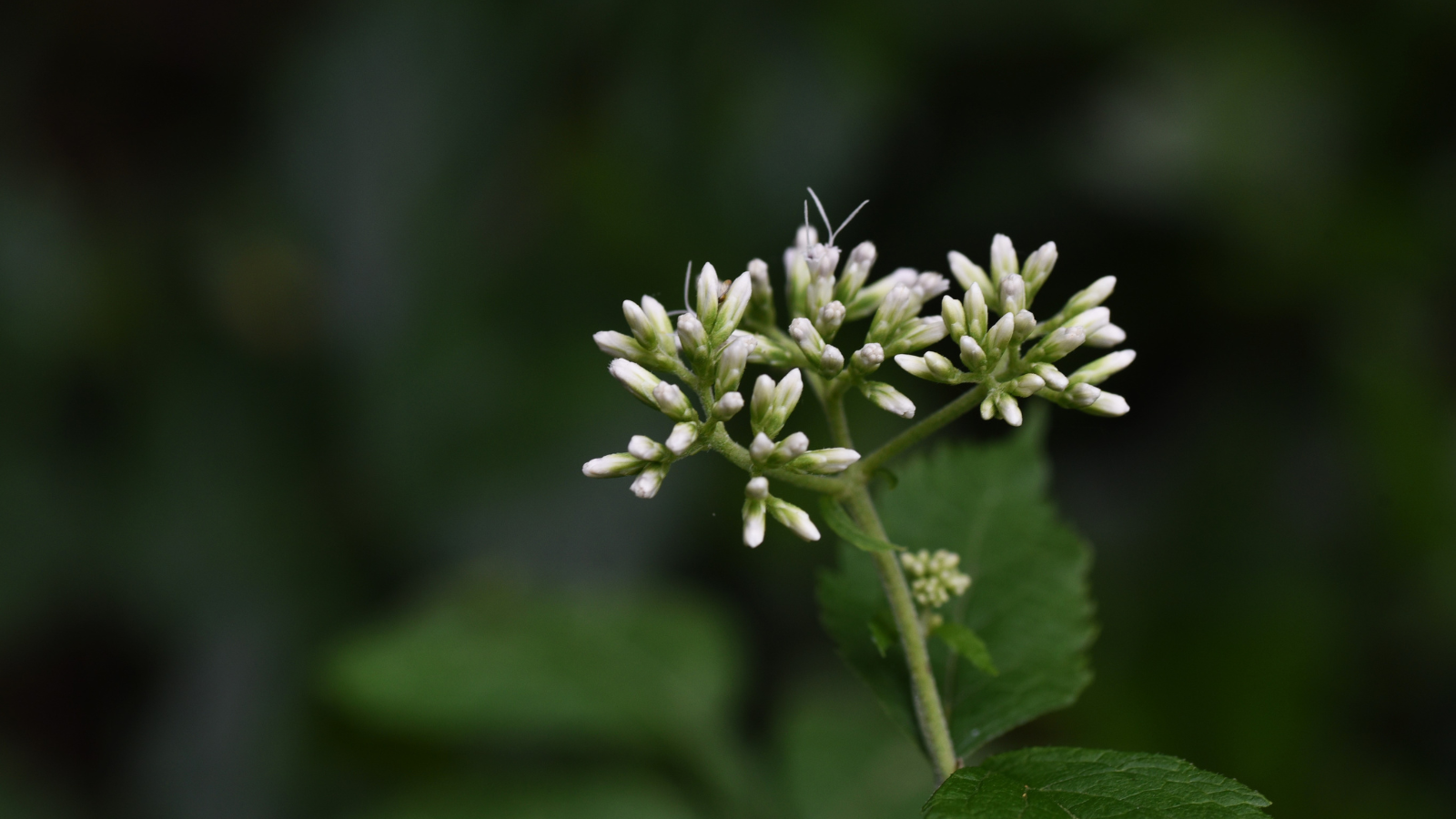
Boneset, with its muscle-relaxing properties, aids in reducing fever during colds and flu. Whether consumed as tea or tincture, boneset stimulates the natural healing process and helps calm muscle spasms, making it valuable for those suffering from rheumatism.
Boneset's reputation for pain relief encompasses a wide range of musculoskeletal issues. It is particularly effective in alleviating joint pain and discomfort associated with fibromyalgia and arthritis. When used judiciously, boneset promotes the natural alignment of bones, aiding in the healing process. By incorporating boneset into your herbal remedies and cultivating it in your garden, you establish a foundation for holistic musculoskeletal health.
7. Mint
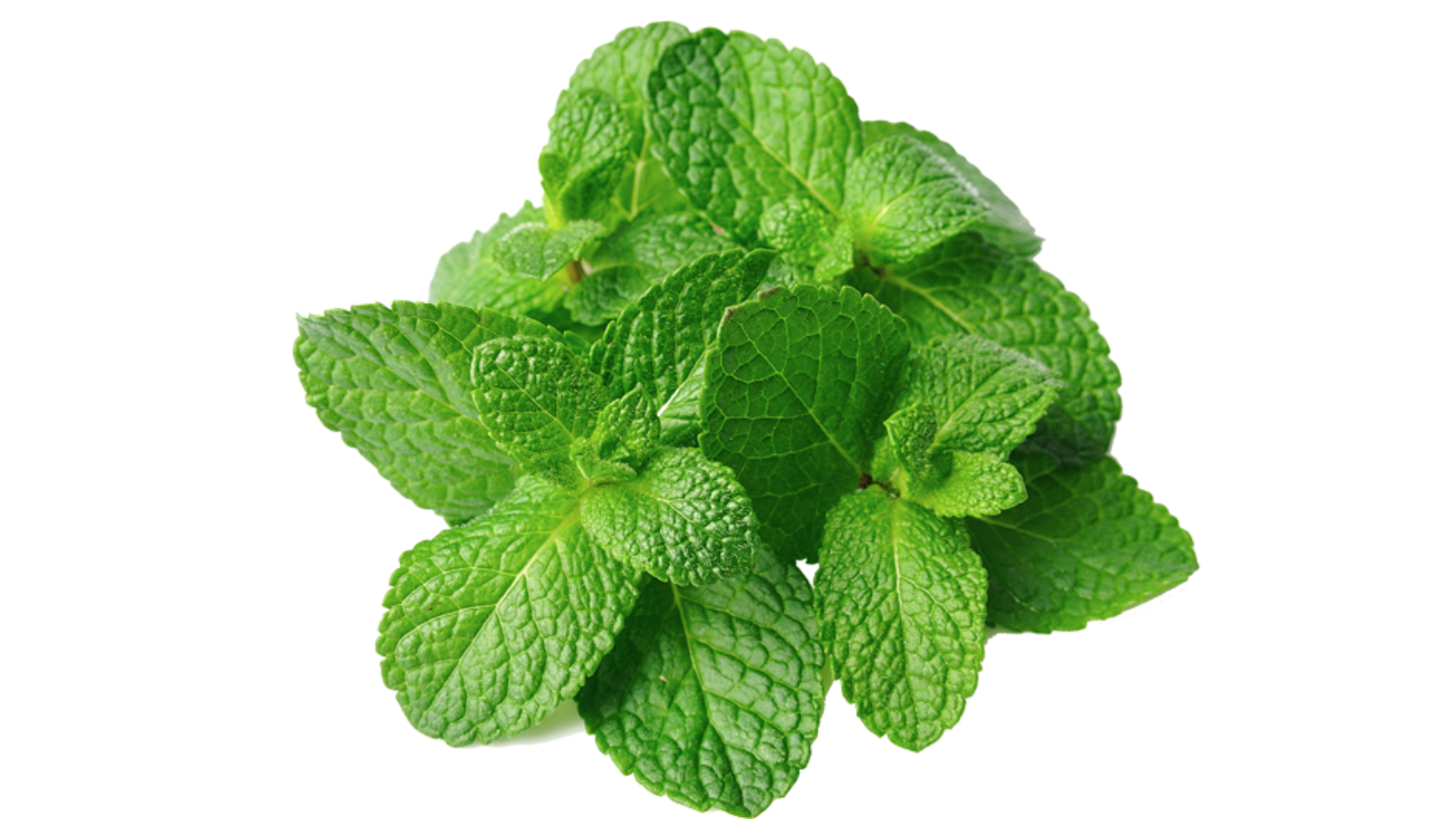
Mint, encompassing spearmint and peppermint, transcends its reputation as a toothpaste flavor. Mint leaves, whether fresh or dried, are medicinal treasures. Peppermint tea, for example, relieves digestive discomforts, indigestion, and vomiting. Mint's benefits extend to soothing sore muscles, alleviating headaches, and even reducing mental fatigue.
Mint's refreshing properties extend to its role as a natural energizer. Peppermint essential oil, when diffused, invigorates the mind, enhances focus, and combats mental fatigue. Additionally, mint's analgesic and antispasmodic qualities make it a valuable ally in alleviating menstrual cramps and headaches. By cultivating mint in your garden, you not only elevate your culinary creations but also embrace a natural source of vitality and pain relief.
8. St. John's Wort
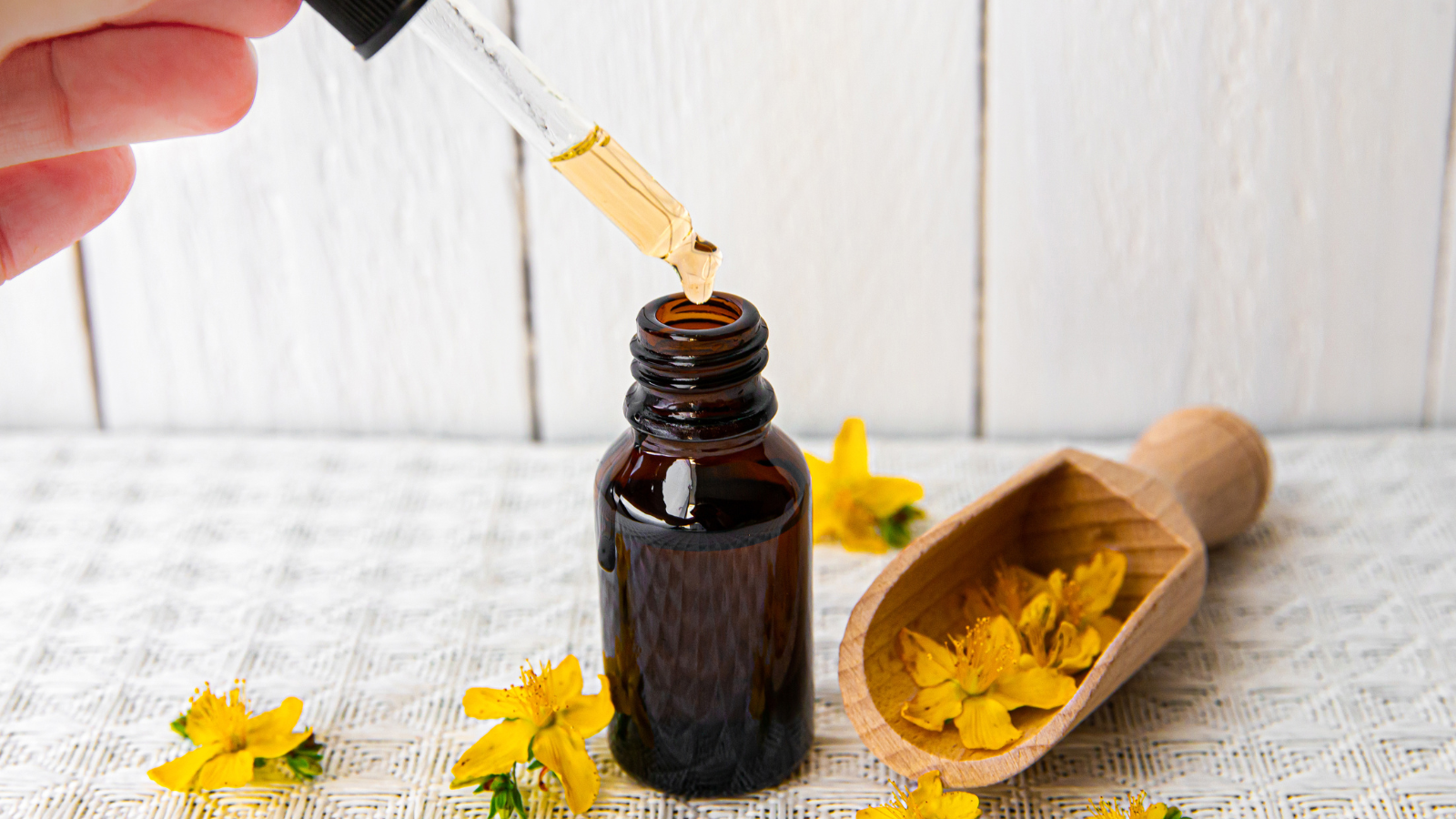
St. John's Wort, an herbal powerhouse, has been embraced in Ayurveda, homeopathy, and herbalism. Known for its antidepressant and anti-inflammatory properties, it's recommended for mild depression, mood disorders, insomnia, and wound care. The flowers can be used in extracts, pills, and teas, showcasing its versatility.
St. John's Wort's mood-enhancing properties extend to its potential for combating seasonal affective disorder (SAD). Its ability to alleviate symptoms of mild to moderate depression is well-documented, making it a valuable natural remedy for mood support. Additionally, St. John's Wort's anti-inflammatory qualities make it a reliable aid in wound healing and reducing skin irritations. By cultivating St. John's Wort in your garden, you nurture emotional well-being and harness a potent tool for holistic wound care.
9. Arnica
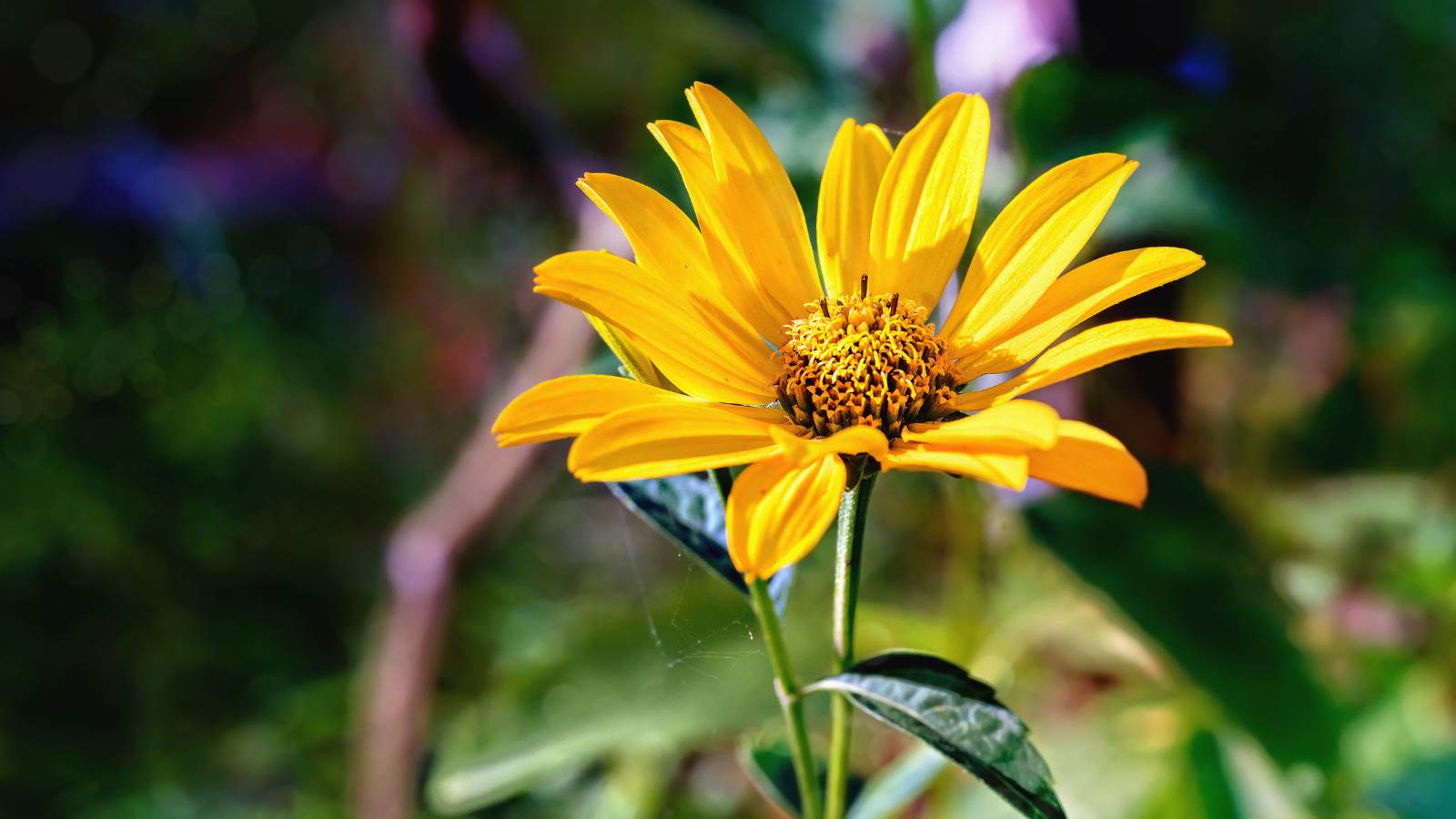
Arnica, famous for its anti-inflammatory helenalin, offers incredible relief for aches, strains, soreness, and bruises. It's a potent remedy for various issues, including wound healing, muscle soreness, and even diabetic neuropathy. However, caution is advised due to potential toxicity, making homeopathic products a safer choice.
Arnica's versatility extends to its role in sports and fitness. Athletes and fitness enthusiasts often turn to arnica-based creams and ointments to relieve muscle soreness and accelerate recovery. Its natural pain-relieving properties make it a go-to option for post-workout care. Additionally, arnica's potential in wound healing extends to reducing the appearance of scars. By incorporating arnica into your wellness routine and choosing reputable homeopathic products, you access a potent ally for pain relief and recovery.
10. Horsetail
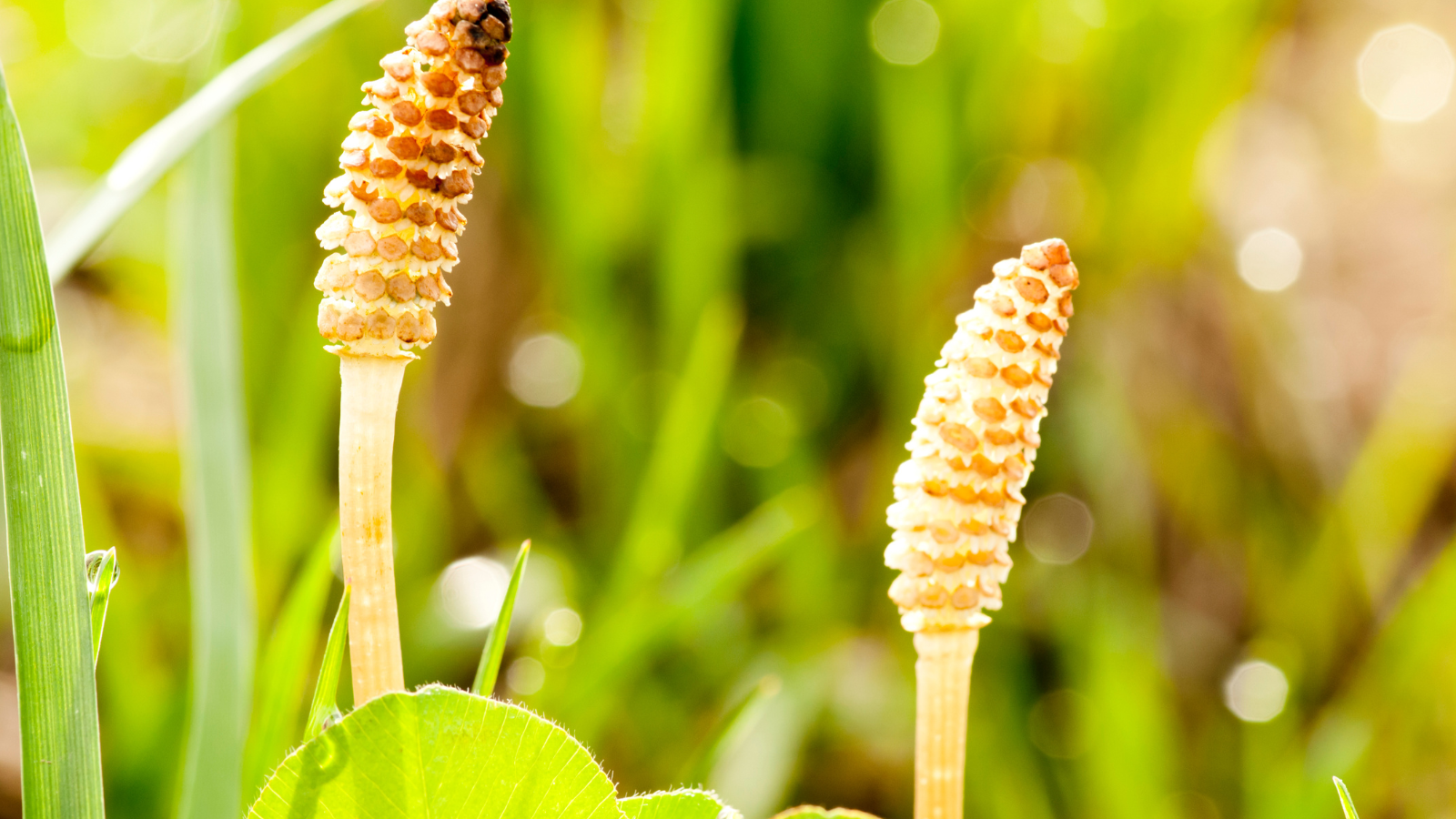
Horsetail is known for its role in strengthening hair and nails, but it goes beyond cosmetic benefits. It aids in regenerating connective tissues, soothing rheumatic pains, and reducing fluid retention. Its diuretic properties make it valuable for urinary tract infections, osteoporosis, and more.
Horsetail's prowess in promoting healthy skin extends to its ability to alleviate eczema and psoriasis symptoms. Its anti-inflammatory and antioxidant qualities make it an attractive option for skincare products designed to soothe and rejuvenate the skin. Additionally, horsetail's contribution to bone health and its potential to accelerate fracture healing make it a natural choice for musculoskeletal well-being. By cultivating horsetail in your garden, you tap into a source of comprehensive health support, from radiant skin to strong bones.
11. Comfrey
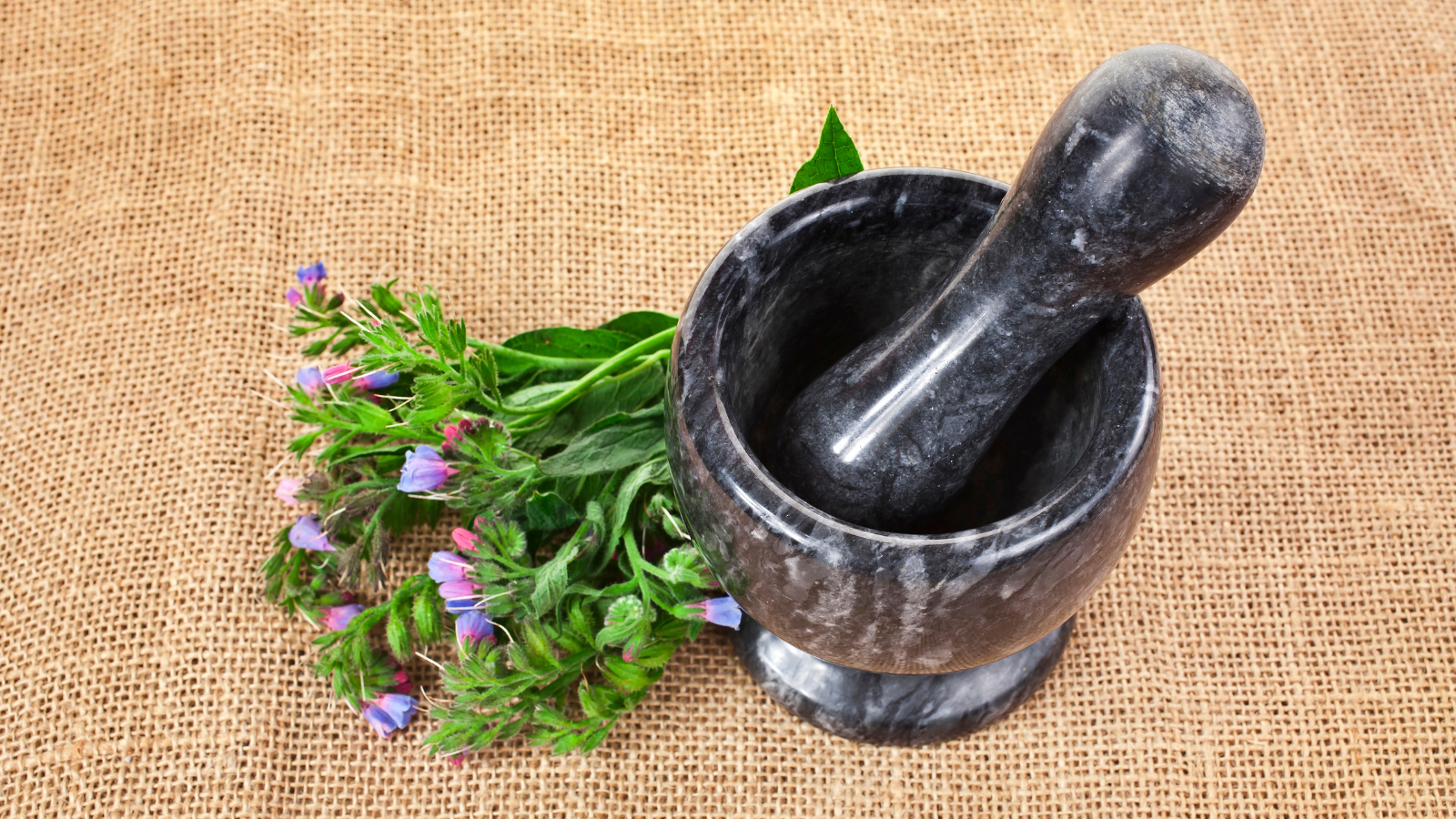
Comfrey, a powerhouse for bone repair and pain relief, contains allantoin, promoting cell proliferation and faster healing of fractures. While it has aggressive growth tendencies, it's worth cultivating for its remarkable healing properties.
Comfrey's remarkable potential in musculoskeletal health extends to conditions such as osteoarthritis and joint pain. Its ability to promote tissue regeneration and alleviate pain makes it a valuable herbal remedy for those seeking relief from chronic discomfort. Additionally, comfrey's contributions to wound healing and scar reduction showcase its versatility. By embracing comfrey in your herbal repertoire and carefully managing its growth, you unlock a natural treasure trove of healing and pain relief.
Embracing the natural world of herbs can lead to a healthier, more self-sufficient lifestyle. These herbs, often overlooked in modern medicine, offer potent, natural pain relief and a myriad of other benefits. As we rediscover the ancient wisdom of herbal remedies, we unlock the potential for a healthier and more holistic approach to our well-being. Share your herbal secrets for pain relief in the comments and join the journey toward a more natural and vibrant life. With these herbs by your side, you cultivate not only a thriving garden but also a flourishing, pain-free life.




Submit your email and confirm subscription to receive the download link, along with more e-books and helpful tips.
Don't worry, you can unsubscribe at any time
We Value Your Privacy And Your Information Is Never Shared
This site is not a part of the Facebook website or Facebook Inc. Additionally, this site is NOT endorsed by Facebook in any way. FACEBOOK is a trademark of FACEBOOK, Inc.
